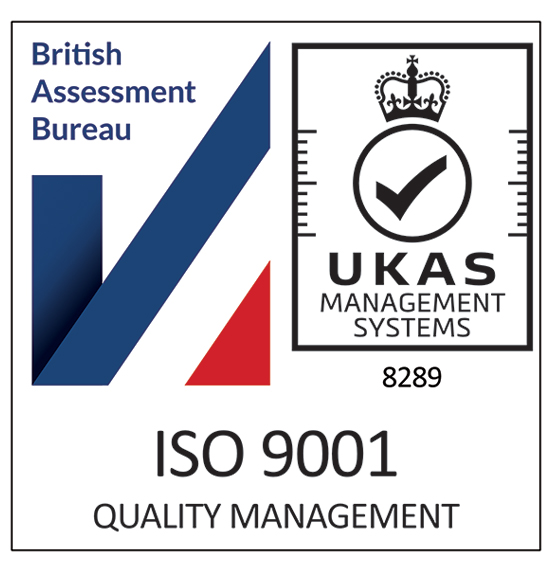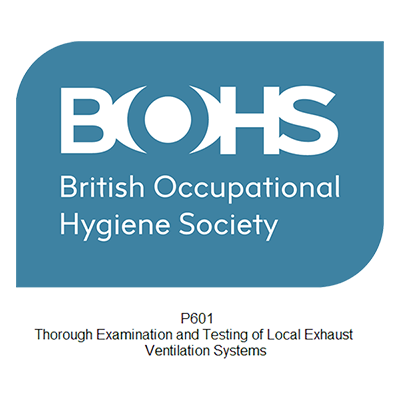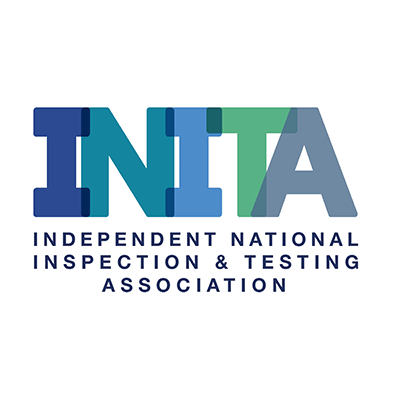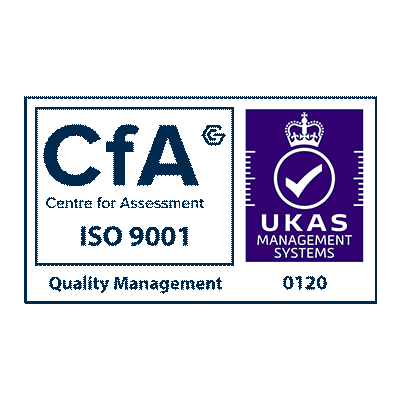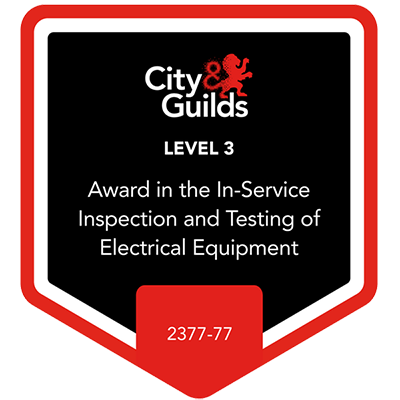Reduce electrical risks with PAT testing
The Electricity at Work Regulations 1989 state that any electrical equipment that could cause injury is maintained in a safe condition. Faults can cause potentially fatal accidents, as well as costly equipment failure and damage to property.
Portable appliance testing (PAT) is the examination of electrical appliances to ensure they’re safe to use. Basic visual checks are not always enough, especially in high-risk environments. A competent person with the right knowledge, capabilities and tools is required for a comprehensive PAT test.

Combine mechanical equipment inspections with PAT testing
Engineer Surveyors from Hutcheon Examination Services are multi-disciplined and qualified to carry out electrical PAT testing as well as a range of mechanical equipment examinations.
By getting your PAT testing at the same time as your statutory mechanical equipment inspections, your organisation will benefit from:
- Less on-site disruption – one convenient visit from a DBS-checked expert at a time that minimises impact on your productivity
- Time savings – only one appointment to book, no need to show around multiple inspectors
- Instant certification – we can print out the PAT pass sticker there and then
Fewer van journeys also means a reduced carbon footprint – helping you to meet your environmental objectives.

What kinds of equipment requires PAT testing services?
- Compressors
- Chain Blocks
- Phone Chargers
- Tool Chargers
- Power Tools
- Extension Leads
- Lap Top Leads
- Kettles
- Toasters
- Radios
What our customers say
See why organisations choose HESL
We have used HESL for a number of years to undertake a variety of statutory inspections across our estate, we have always found their office and on-site teams to be very knowledgeable and thorough and provide an excellent overall service. - Mitchel Maynard, Bradfield College, Berkshire
As a new power station, where safety is paramount, it was important that we appointed the right company to carry out our statutory examinations and HESL certainly haven't disappointed. Helpful and flexible, they listen, are easy to get hold of and give plenty of notice. - Ean Baalham, Lakeside Energy from Waste (EfW)
It was a very professional experience which we appreciate. - The Burgate School and Sixth Form
Personable, Professional, Efficient & Friendly
As part of a large Housing Association it is imperative that the statutory LOLER inspection is carried out on all lifting equipment in our properties right across Wiltshire & Oxford. I have had the pleasure of working alongside Hutcheon Examination Services for over a year now...
Read on
Peter’s help on the day of inspection was much appreciated. He delivered more than we expected and was extremely helpful. - Thomson Environmental Consultants

CITY & GUILDS-CERTIFIED IN ELECTRICAL EQUIPMENT TESTING
All Engineer Surveyors from HESL hold a City & Guilds certificate for the inspection and testing of electrical equipment. Be confident that your PAT testing is being carried out to the highest standards of safety and compliance, every time.
FAQ's
Questions we frequently get asked
Is PAT & Electrical Testing a legal requirement?
The Health & Safety Executive (HSE) states that, “The Electricity at Work Regulations 1989 require that any electrical equipment that has the potential to cause injury is maintained in a safe condition. However, the Regulations do not specify what needs to be done, by whom or how frequently (i.e., they don't make inspection or testing of electrical appliances a legal requirement, nor do they make it a legal requirement to undertake this annually).
Employers should take a risk-based approach, considering the type of equipment and what it is being used for. If it is used regularly and moved a lot, testing (along with visual checks) can be an important part of an effective maintenance regime giving employers confidence that they are doing what is necessary to help them meet their legal duties.
For more guidance on suggested frequencies of inspection and testing, see ‘Maintaining portable and transportable electrical equipment’.
How often do I need to PAT Test equipment?
According to the HSE, the frequency of inspection and testing depends upon the type of equipment and the environment it is used in. For example, a power tool used on a construction site should be examined more frequently than a kettle in a school staff room.
For more guidance on suggested frequencies of inspection and testing, see ‘Maintaining portable and transportable electrical equipment’.
